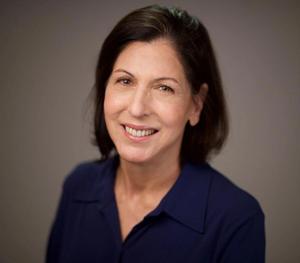Is it fair to ask teenagers to give up sports and parties to care for parents or other older relatives? That's an important question these days, because so many now do. Froma Harrop The Wall Street Journal reported on a 15-year-old high school kid, Leo Remis, who is helping his disabled mother. Leo flexes her muscles to prevent blood clots.
When her hands are shaky, he helps her eat and brushes her teeth. "It is my normal," the high school freshman said. Paid home health care has become wildly expensive for middle- and working-class families.

Meanwhile, as the size of families shrink, so do the available pairs of hands to help out. So the job of caring for elders is falling on fewer and apparently younger relatives. Some kids in middle school are now tasked with turning over bed-ridden relatives.
About 5.4 million children under 18 are now providing care for parents, grandparents or siblings with chronic conditions, according to the National Alliance for Caregiving. Some may answer it has always been thus, or that taking care of others builds character.
After all, that's in the unwritten contract of being part of a family, right? Listen now and subscribe: Apple Podcasts | Google Podcasts | Spotify | Stitcher | RSS Feed | SoundStack | All Of Our Podcasts But much is different now. The growing numbers of divorced or never-married parents may not have mates to care for them. Hospitals are letting patients out earlier, meaning they must get more concentrated care at home.
People .






















